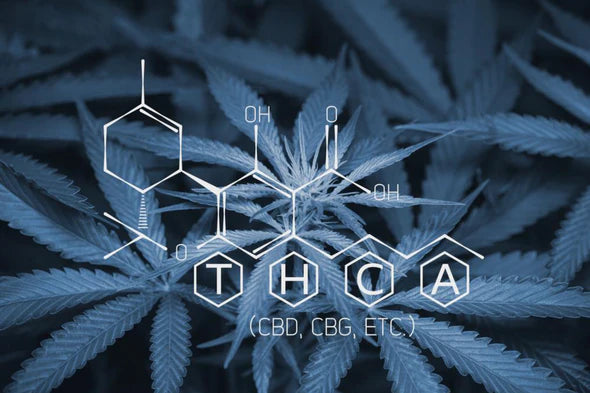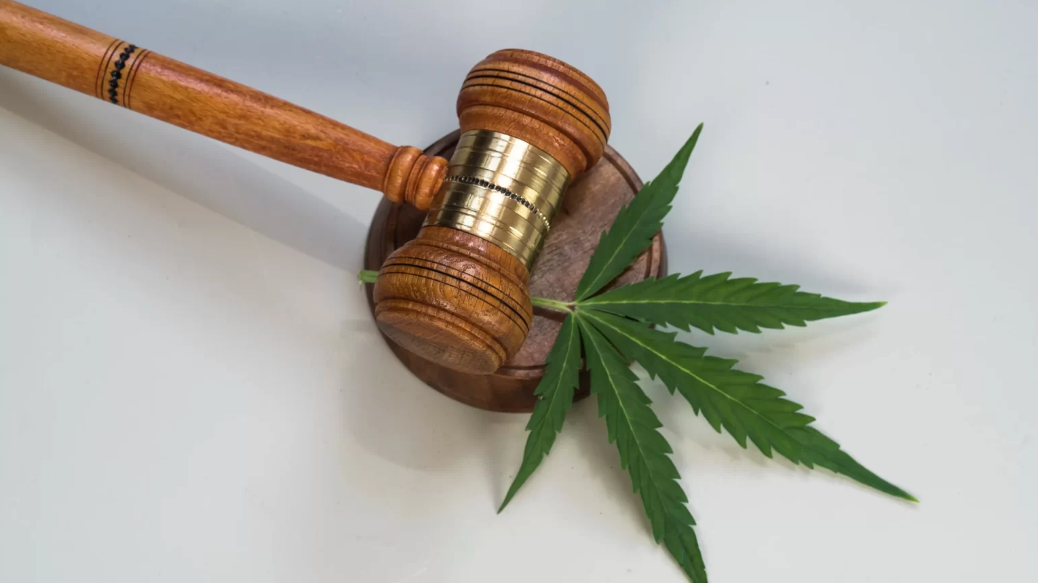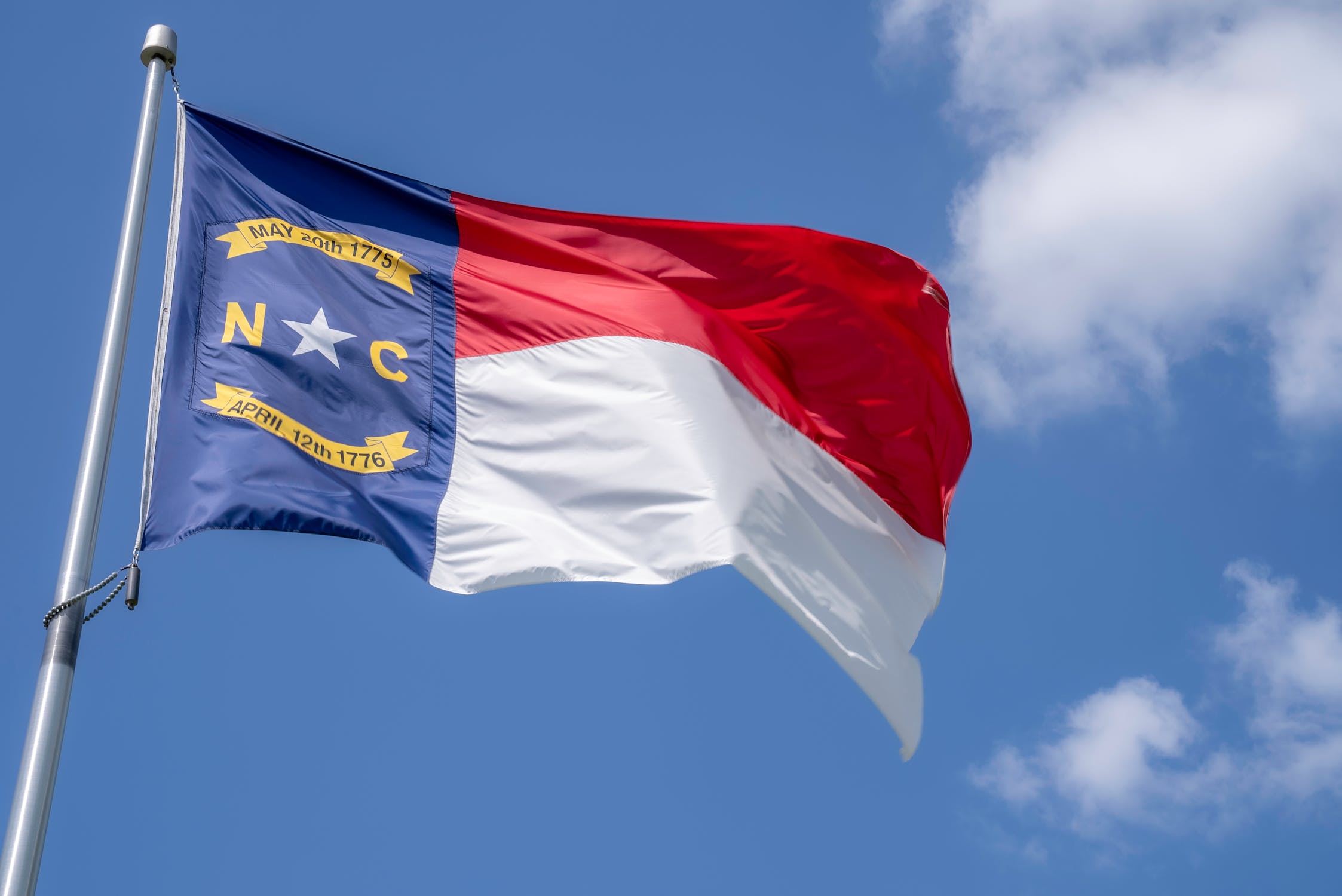Is Delta 9 Legal in South Carolina?

Like its sister state North Carolina, South Carolina legalizes the consumption of Delta 9 THC products for consumers above the age of 21. If your question is, “Is Delta 9 legal in South Carolina?” The simple answer is yes, Delta 9 THC is legal in South Carolina, as long as the percentage concentration of Delta 9 THC in the hemp-derived product does not exceed 0.3% on a dry weight basis. Sounds a bit complicated? It’s fine. We will simplify it for you throughout this article!
Is Delta 9 THC Legal to Buy and Use in South Carolina?
Like most states in the United States, the 2018 farm Bill made it possible for low-THC derivatives of cannabis, such as CBD products and other hemp-derived products, to be purchased and consumed with no legal repercussions. It didn’t take long for Delta 9 THC to become legal in South Carolina, just like in North Carolina.
The South Carolina House Bill 3449, signed by Governor Henry McMaster, ensured that all derivatives of the cannabis plants in the form of extracts, tetrahydrocannabinol (THC) isomers, and much more are legal to produce, sell, purchase, and consume.
Hemp is defined as the plant Cannabis sativa L. and includes any part of the plant and every derivative, isomer, cannabinoids, salts, extracts, and any related chemical with less than 0.3% concentration of Delta 9 THC on a dry weight basis. Hemp was therefore removed from the Schedule I list by the 2018 Farm Bill. This form of hemp (containing less than 3% of Delta 9 THC) is known as commercial hemp and is considered fully legal in South Carolina.
It is important to note that any substance containing more than 0.3% of Delta 9 THC is considered under the Schedule I list and is, therefore, illegal!
Luckily for most consumers, most of the Delta 9 THC products produced in the United States in the form of edibles and drinks for recreation and relaxation are compliant with the regulations of most states in the United States.
So, yes! It is absolutely legal to purchase Delta 9 THC products in South Carolina as long as it contains less than 0.3% concentration on a dry weight basis.
What Is Delta 9 THC, and Is it Different from Delta 8 THC?
Delta 9 THC is a naturally occurring isomer of THC, the most abundant form of THC in hemp. Delta 9 THC is responsible for the euphoric feeling that most people feel when consuming any hemp-derived THC product.
Delta 9 THC readily binds to the CB1 and CB2 receptors in the brain to provide the buzz you feel when you consume any Delta 9 THC products, either as edibles or THC drinks. Delta 9 THC is popular for its extensive use as a recreational psychoactive substance that helps with relaxation, stress alleviation, and euphoria.
Delta 8 and Delta 10 THC are two of the most common isomers of Delta 9 THC. Delta 8 THC products typically have a less intense euphoric and more relaxing effect than Delta 9 THC products. While Delta 8 is a naturally occurring cannabinoid, it is found in a very small amount. Therefore, Delta 8 THC is usually synthesized from cannabidiol (CBD), a compound extracted from legal hemp, to get a higher percentage of Delta 8 THC within the legal limit of 0.3% concentration by dry weight.
Delta 8 THC is the most common form of THC extracted from legal hemp that is not Delta 9 THC, and it is one of the many psychoactive chemicals contained in small amounts in legal hemp and other forms of cannabis. Many manufacturers and convenience stores began offering Delta 8 THC products across South Carolina after the state declared hemp-derived products with less than 0.3% concentration of Delta 9 THC legal.
According to the opinion issued by the South Carolina Attorney General’s Office in October 2021, Delta 8 could be potentially unlawful under South Carolina’s Hemp Farming Act. The office made a point to mention that the SCAG still categorizes all THC isomers as Schedule I Controlled substances unless exempted explicitly in Section 44-53-190(D). Since the Hemp Farming Act only exempts Delta 9 THC products, Delta 8 THC products are potentially illegal. However, no law explicitly states that Delta 8 THC is illegal to purchase or consume.
Where to Buy Legal Delta 9 THC in South Carolina – Realize a Reliable Alternative
You can now legally purchase Delta 9 THC products in South Carolina. The safest and most reliable way of purchasing Delta 9 THC products developed and manufactured in a well-controlled environment and made according to state regulations is by buying from online stores.
REALIZE is one of the most reliable and accessible manufacturers and sellers of THC 9 and THC 8 products in the United States. Plus, every product developed by REALIZE contains THC in concentrations less than the legal limit of 0.3%, making every product legal to buy and enjoy!
REALIZE has a wide array of Hemp-derived THC products in its store, and we ship to anywhere in the United States and beyond.
Summary
As long as the product you intend to use contains only 0.3% concentration of Delta 9 THC as per the dry weight analysis, it is legal in South Carolina to purchase and use. You will be pleased to know that most of the hemp-derived Delta 9 THC products available for sale in South Carolina or from online stores are within the legal limits of 0.3% Delta 9 THC concentration.
Also, when most people refer to THC-infused products, they are talking about products containing Delta 9 THC. However, Realize Product Store provides you with products made from Delta 9 THC and Delta 8 THC, so you can choose whichever one you prefer depending on the euphoria you like to experience.
If you want our high-quality THC products in bulk, we offer high-quality Delta 8 Wholesale and Delta 9 Wholesale products in South Carolina at competitive prices.
Note:
Delta 9 THC products such as disposables, edibles and drinks, are prohibited in these states:
Arizona, California, Colorado, Connecticut, Hawaii, Idaho, Iowa, Louisiana, Michigan, Minnesota, North Dakota , Oregon , Utah , Vermont and Washington
Please note that the regulations and laws regarding the hemp industry are constantly evolving and subject to change. The information provided here is based on the current understanding of the regulations as of the date specified above, but may not be up-to-date or accurate at the time of reading. It is the responsibility of the reader to conduct their own research and consult with legal or regulatory experts for the most current and accurate information regarding the hemp industry regulations. We make no representations or warranties, express or implied, regarding the accuracy or completeness of the information provided here and accept no liability for any damages or losses incurred as a result of reliance on this information.






